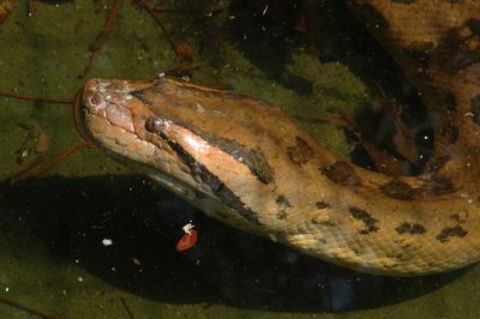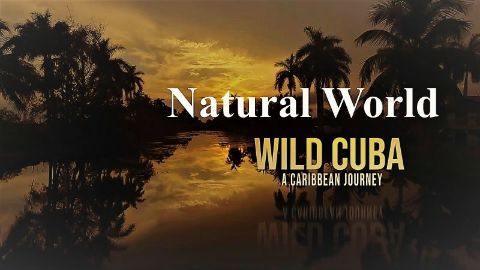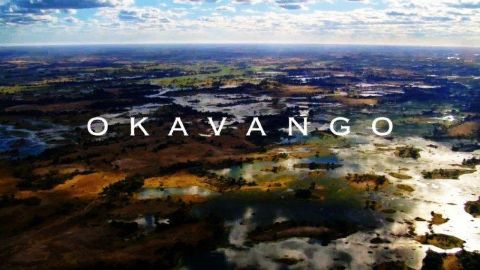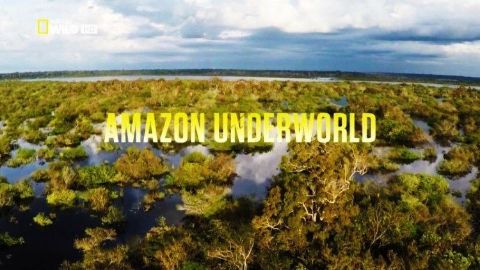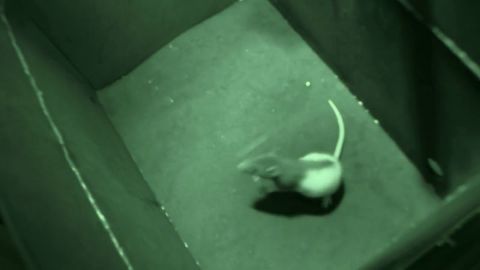Metamorphosis: The Science of Change • 2013
Metamorphosis seems like the ultimate evolutionary magic trick - the amazing transformation of one creature into a totally different being: one life, two bodies. From Ovid to Kafka to X-Men, tales of metamorphosis richly permeate human culture. The myth of transformation is so common that it seems almost pre-programmed into our imagination. But is the scientific fact of metamorphosis just as strange as fiction or... even stranger? Filmmaker David Malone explores the science behind metamorphosis. How does it happen and why? And might it even, in some way, happen to us?
Make a donation
Buy a brother a hot coffee? Or a cold beer?
Hope you're finding these documentaries fascinating and eye-opening. It's just me, working hard behind the scenes to bring you this enriching content.
Running and maintaining a website like this takes time and resources. That's why I'm reaching out to you. If you appreciate what I do and would like to support my efforts, would you consider "buying me a coffee"?
Donation addresses
BTC: bc1q8ldskxh4x9qnddhcrgcun8rtvddeldm2a07r2v
ETH: 0x5CCAAA1afc5c5D814129d99277dDb5A979672116
With your donation through , you can show your appreciation and help me keep this project going. Every contribution, no matter how small, makes a significant impact. It goes directly towards covering server costs.
